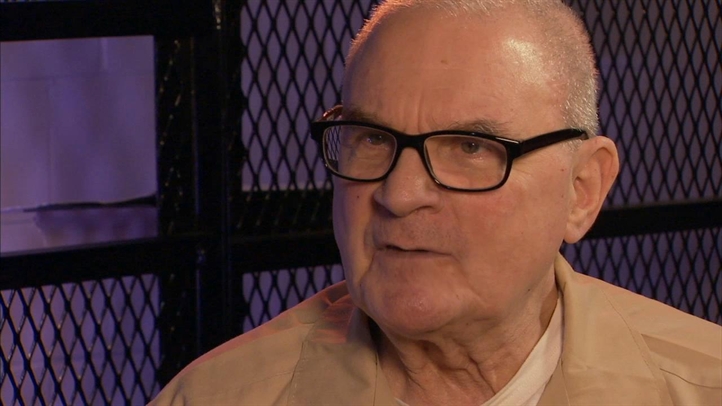Neighbors gathered over coffee and doughnuts on Saturday morning to discuss their hopes for the future of Germantown Town Hall, the once-stately building located within eyeshot of an also-shuttered high-school structure.
Graduate students from the Design for Social Impact program at the University of the Arts facilitated the meeting, which was held at Germantown Mennonite Church.
They led about two dozen people through small- and large-group conversations. At the end of the two-hour session, the students consolidated the morning's themes into a set of "shared community values" that residents could potentially offer a future developer.
Structural History
The city owns the property — built in the 1920s — but has not used it since the late 1990s.
There is no word on a buyer, but in the wake of the surprising sale of the closed Germantown High School building to a Maryland development group, neighbors want to be proactive about voicing their desires to preserve the site.
Local
Breaking news and the stories that matter to your neighborhood.
Charles McGloughlin, a local artist and architect, heads the Germantown Town Hall Collaborative (GTHC).
This group of artists and activists started meeting last year after a Hidden City exhibit opened Town Hall to the public after 15 years.
When visitors entered to see artist performances and installations, they walked into a marble-floored rotunda supported by Corinthian columns.
On one wall, plaques memorialized 123 Germantown soldiers who died during World War I.
"When people saw what was there, they thought, 'How can this be used?'" said McGloughlin.
He started the GTHC to capitalize on this momentum.
Keyword Dialogue
Saturday's meeting welcomed members of the community to contribute to the dialogue, which the graduate students documented.
"Storytelling is a big part of social design," said Meredith Warner, the University of the Arts professor and Germantown resident who led the meeting.
To prompt narrative discussion, student facilitators asked small groups to select one of several given questions and answer it with a story.
Former Germantown resident Sam Miller was one of the first to participate.
He selected "What is your favorite place in Germantown?" and talked about his appreciation for the historic Town Square located in front of the Historical Society.
As Miller and others began to tell stories, group members wrote down values like "historical preservation" that they recognized in the tales.
Storytelling led to conversations that celebrated memories of socializing in the neighborhood, but also lamented a lack of a social center in the neighborhood.
Such a concern fueled ideas for a repurposing of Town Hall's space.
Among the ideas shared were those for a brew pub, a visitor's center, a business resource center, upscale housing, a coffee shop, an arts center and space for university classes.
Fuajia Amin, a second-year graduate student, said that storytelling is "important in this process" because it connects one person's "feeling of what is important and valuable" to "a larger vision" that can be communicated in a tangible way.
How a developer might appropriate this vision is a strategic question, said Warner, but the goal of the morning's event was "to grow the collaborative itself."
Lessons Gleaned
As people talked about Town Hall, they learned its history from one another.
The current structure is a replica of the original "Old Town Hall," built in 1854, the same year that Germantown became part of the city of Philadelphia.
Throughout the latter half of the 19th century, it served as a Civil War hospital, a police precinct, a jail and a space for traveling minstrel shows.
Old Town Hall was razed in 1920, but its original clock and bell survived, and still adorn a tower at the top of the dome.
A large group activity then asked participants to organize themselves through a series of "axis discussions."
Students placed binary words at either end of the room and asked participants to stand between them, in a space that best represented their goals or priorities for Town Hall.
In this way, the group discussed topics like whether the space would be better suited for "business or cultural" endeavors, "green or conventional rehabilitation," "educational or non-educational" use and "multi-tenant or single-tenant" use.
After another small group talk, the students presented three themes that summarized the morning's conversations: The use of the space as a "hybrid" collective of public and private interests, the need for historical preservation and the use of sustainable materials in any reconstruction.
The GTHC will take the summary values and consider how to present them to future developers.
Bob Seeley, a Germantown resident since 1970, participated in each of the morning's events.
Asked for his thoughts on the potential impact of the morning's meeting, he paused. "I hope something will come out of this."



